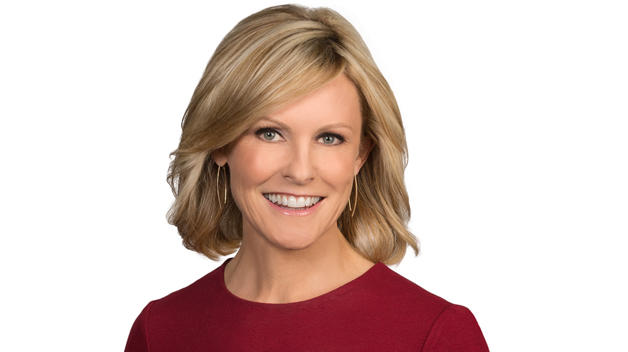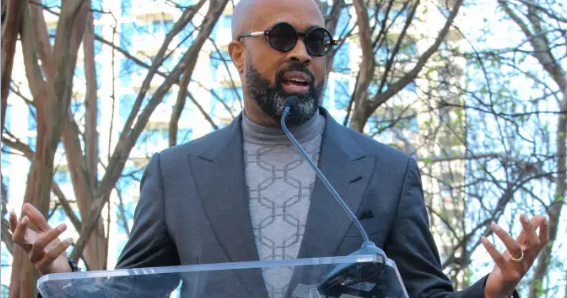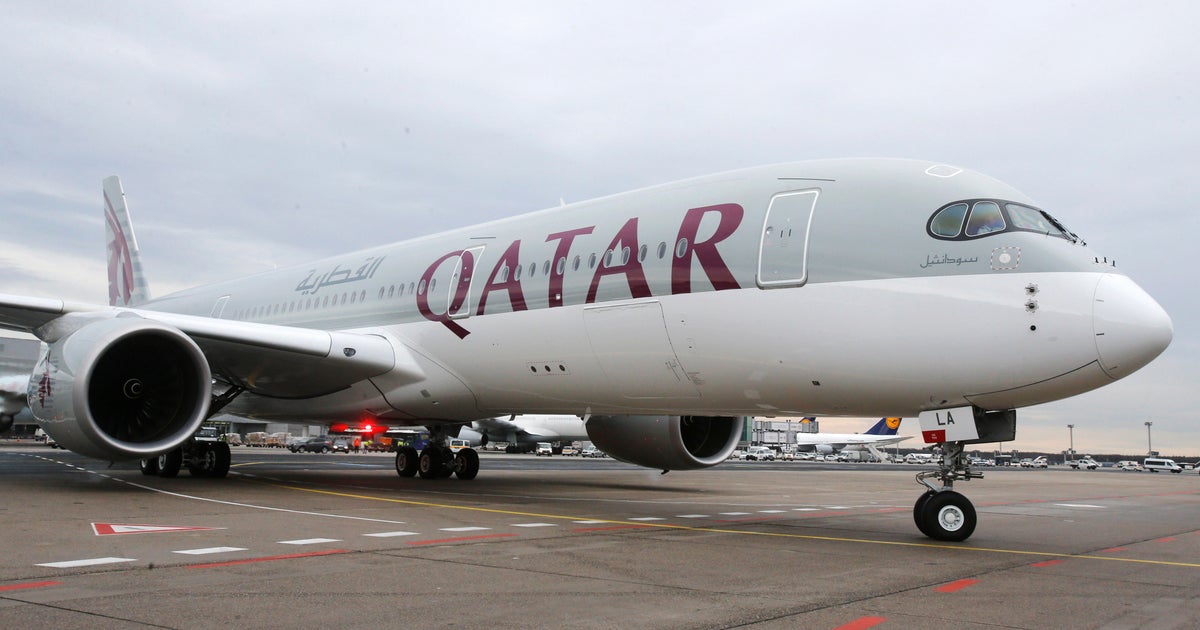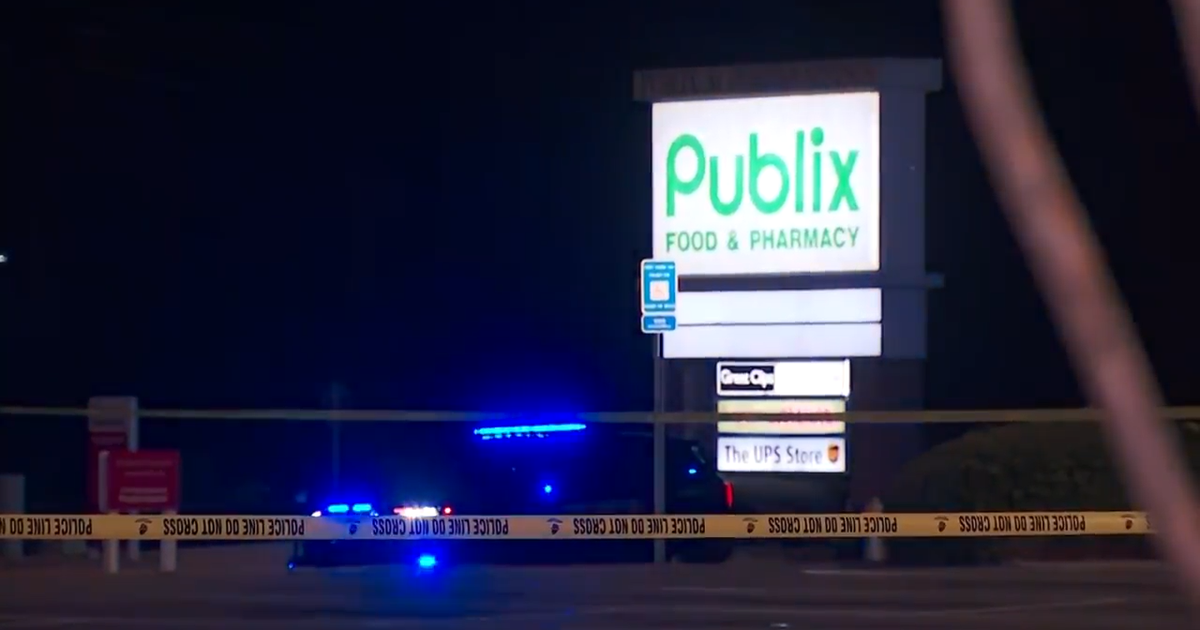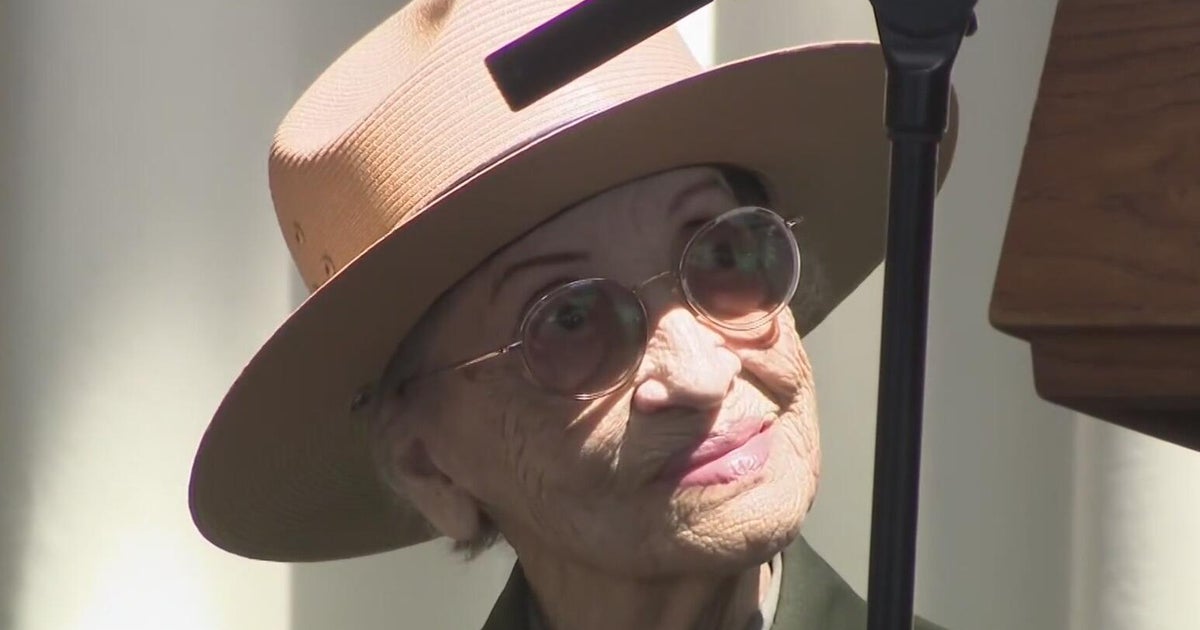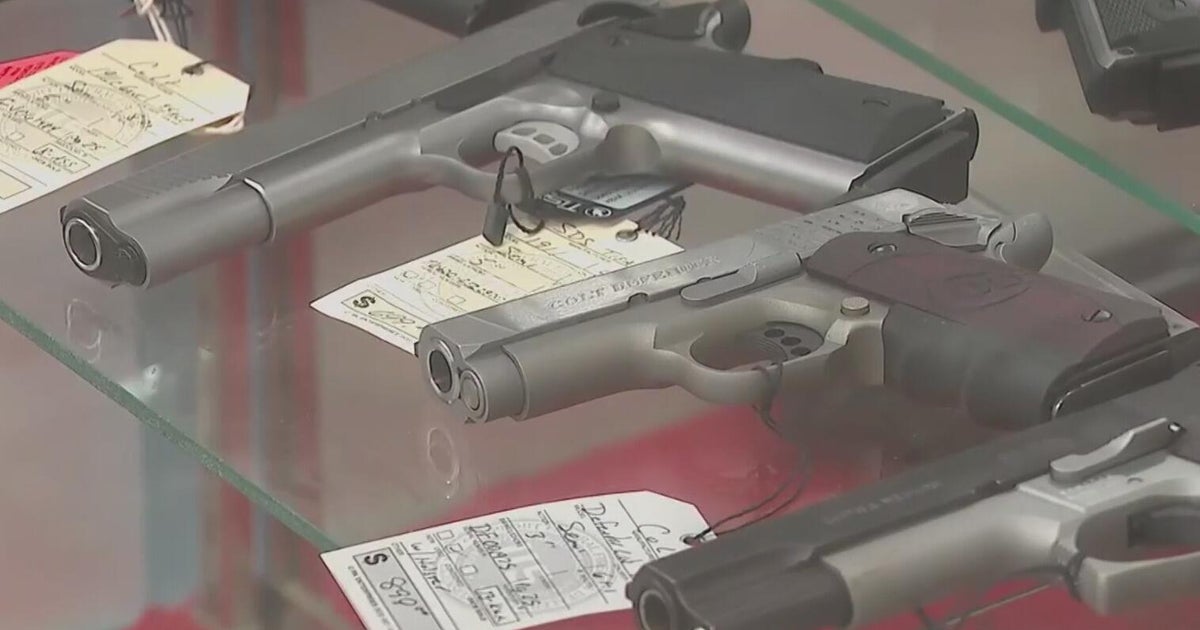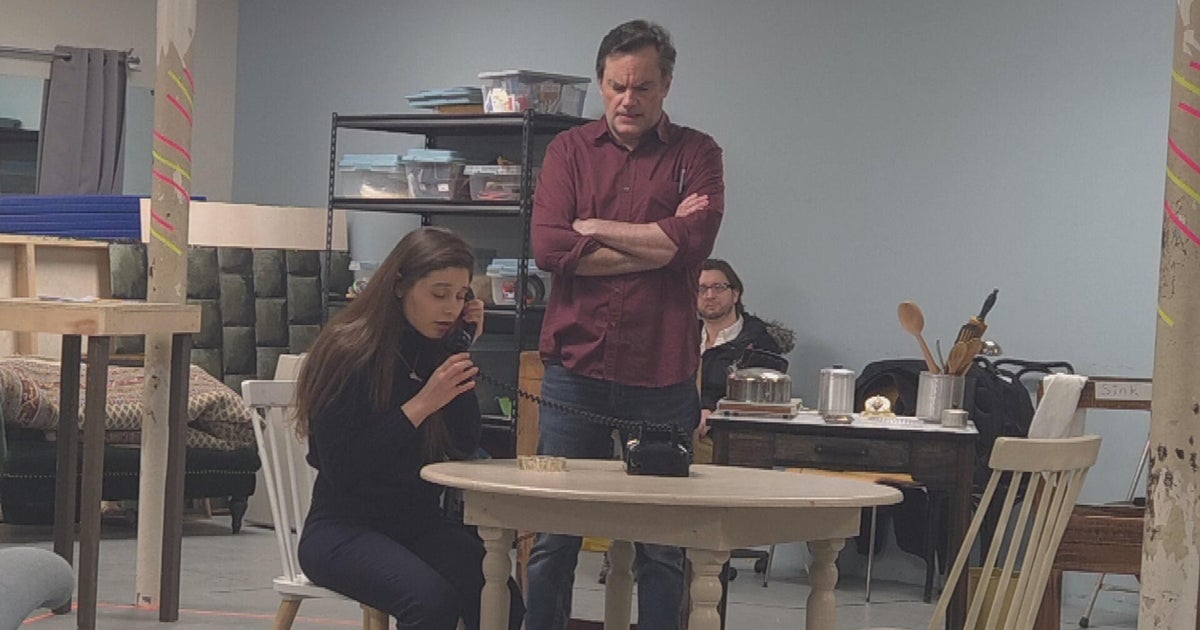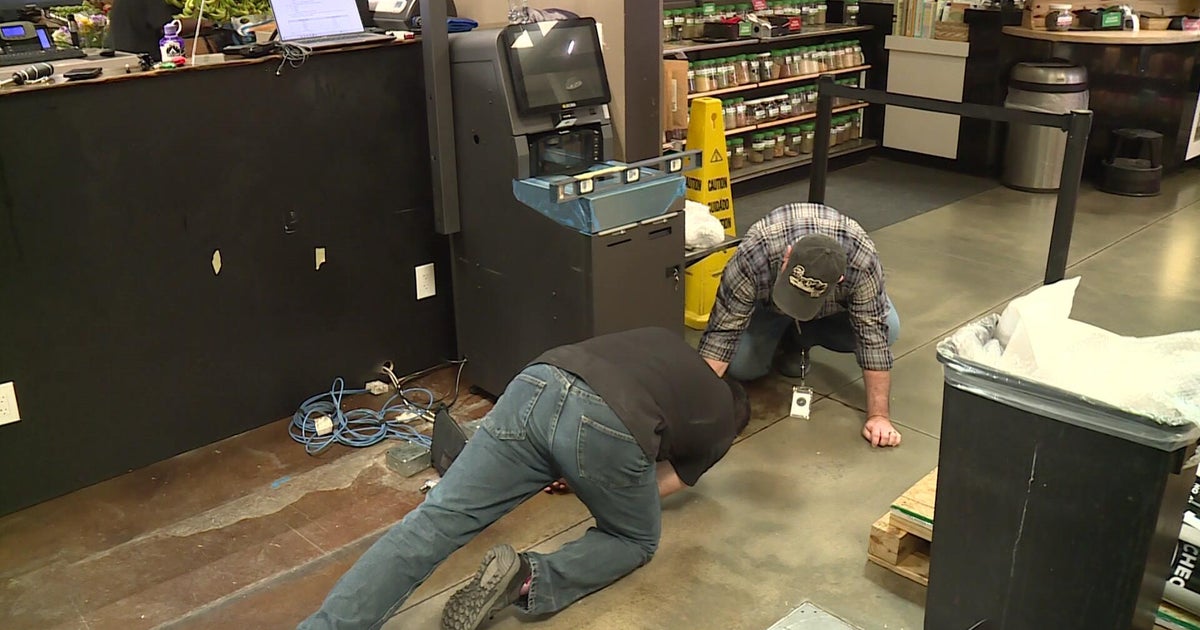Liz Walker Legacy Fund exceeds fundraising goal, adds 7 new "Can We Talk" sites
LYNN - Beneath a photo of the late beloved pastor Walter Murray-in what used to be the sanctuary at Zion Baptist Church in Lynn--people now meet on the fourth Tuesday of every month to talk, listen and heal. The church is the newest site for a mental health support program called Can We Talk. It invites people to share their pain with a community of peers and parishioners that offers support without judgement.
Pastor Kirk Byron Jones says, while we all present our best selves to the world, we also need an outlet to share pain that we hide. "We dress up. But under the Sunday dress up is a lot of pain and a lot of hurt," he said. "You can't judge a book by its cover."
He was introduced to Can We Talk by its founder, legendary WBZ news anchor, Reverend Liz Walker. After hearing her describe the program and its benefits, "Pastor Kirk" knew that it would help members of his congregation lift up one another.
After a few months of Can We Talk training, Zion launched the program in September. About 20 people showed up to the first gathering including Lynn's mayor Jared Nicholson. Participants opened up to one another, prayed, listened to music and ended the session with a benediction that now marks the close of each gathering.
In listening we hear.
And in telling, we are heard.
We step into life,
Moving forward into healing
Together.
Zion Baptist Church is one of seven new Can We Talk sites funded by the Liz Walker Legacy Fund. Walker and supporters (including WBZ-TV and Patriots captain Devon McCourty) launched the fundraising campaign on October 19, 2021 with a goal of $2 million. A year later, Walker is beaming. The campaign raised $2.4 million.
"I think people realize that there is such a need for mental health services," Liz told WBZ-TV's Lisa Hughes. "It's just a program of your community, meeting your community and having them hear your story. That might be violent crime. But it might be bullying. Whatever you experience as traumatic. Once you talk that through, it absolutely helps you heal."
That healing already feels like a rebirth at Zion Baptist Church. Participants have an outlet to share-and unburden themselves of-pain. Pastor Kirk says, without an outlet, pain takes a toll on all aspects of our lives. "It makes us sick. It increases blood pressure. It causes heart attacks. It causes strokes. It tries relationships... There are all kinds of negative effects when that hurt isn't shared with others."
By contrast, he says, taking part in Can We Talk is boosting morale among parishioners and reviving the congregation. "We are going to be a part of helping people heal," he said. "That feels great!"
Pastor Annie Belmer of the First Baptist Church of Fitchburg (and an Associate Pastor at Zion) agrees. "Without the healing, you can't have peace," Belmer adds.
Unlike other outreach programs, Can We Talk enables participants to discuss any pain or trauma. There is comfort in knowing that you are not alone. "From alcohol recovery to grief recovery to 9/11 recovery where we're still traumatized, to childhood trauma. Everything's there.... We can talk about anything that traumatizes us in society," Belmer said. "That will heal us and make us whole."
Belmer didn't expect to share anything personal on the night of the first training session. But she did. And after feeling-for so long-that she had to suppress her trauma, sharing it led to a profound feeling of relief. "You can still be who you are and allow that to help you become better," she said.
Zion and its two "sister churches" hold Can We Talk meetings once a month. Participants are welcome to attend all three sessions. Looking ahead, Pastor Kirk hopes that one more church will join the group so that participants who want to attend a session every week will have access to it.
In the meantime, Walker now believes that Can We Talk could be in every community in the country. At a relatively low cost (she estimates it's roughly $12,500 a year for sites offering monthly sessions) and a 3-4 month training period, participants can tap into the healing power of community.
The key is finding people, including clinicians (in the event participants need additional mental health support), hospitals, community health centers, and partners who want to expand a program that is giving people hope.
Can We Talk grew from The Cory Johnson Program for Post Traumatic Healing at Roxbury Presbyterian Church. Cory was a promising young church member when he was murdered in 2010. His killer has never been caught.
For more information or to donate to the Liz Walker Legacy Foundation, go to www.canwetalknetwork.org/our-network
